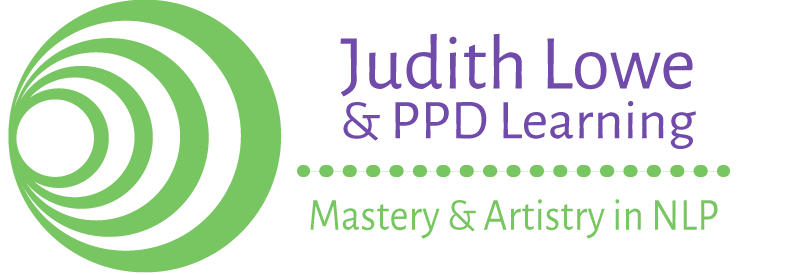June 2015 Masterclass: Advanced Conversational Belief Change with NLP
Fluency, Impact and Transformation with your Language
This exciting new Masterclass will focus on the rich and sophisticated content and practice of the core, classic NLP language tools – at a more advanced and integrated level.
Using these powerful, cognitive-type tools in a rapportful, light-touch manner is part of an overall NLP Mastery approach to developing and refining your coaching and speaking skills.
You’ll also learn how aspects of contemporary Cognitive Linguistics – i.e. cognitive bias, decision theory, behavioural economics etc. - illuminate and support NLP approaches to perception, influence, belief-change and learning.
Language as a modelling process and perceptual tool
How we speak effectively and use language creatively is one of the core issues in professional development and best practice in NLP.
The language people choose to communicate their problems reinforces their subjective reality of the situation. Language itself is a modeling process, organizing and framing our subjective world. Using the right kinds of words and questions to help clients resolve their problems is part of the ‘magic’ of change.
NLP has some key and powerful, practical models about language
The NLP Meta-Model of language is a superb tool. The questions from the Meta Model offer a ‘force’ or challenge to the limited model of the world of the speaker – and start to provoke and make possible new thoughts and perspectives.
Frames - Framing and Reframing - explores the relationship between linguistic labels and perception. How we talk about something both describes and creates meanings and perspectives that lead to choices and actions. The so-called NLP ‘Sleight of Mouth’ patterns are based in this artful frame-changing.
The subtle language patterns of hypnosis and suggestion from Milton Erickson – the Milton Model - are also part of the essential NLP repertoire. You can use your language to create profound pathways of change for people at many levels.
NLP Meta-Programmes model captures a speaker’s cognitive patterning and filters. The patterns generate many opportunities for understanding motivation, creating rapport as well as challenging habitual responses.
Belief Change - artful, rapportful, conversational, effective
Beliefs are often unconscious rules and organizing principles that guide our knowledge and understanding of ourselves, our relationships and actions and the world in general.
We have natural mechanisms for updating and shifting our beliefs as new types of information and evidences become sensed, seen and integrated into our experience and ‘maps’ of reality. We are built to learn and to be adaptive.
However, sometimes issues relating to personal history, habits of mind, or situational and cultural world-views prevent or distort this natural updating process. We can become stuck, in limits of our own making, in a world full of possibility.
Helping someone change their limiting beliefs is often more of an interactive, conversational art form than a linear technique.
In this special one day Masterclass you will;
- learn more about the relationship of language to perception - generalisations
- renew and deepen your understanding and use of key NLP language models (as above)
- be more artful, creative, fun and fluent in your use of language in general
- identify and work with the structure of beliefs – causality and meaning
- learn how to update and transform limiting assumptions and rules
- learn how to generate new frames and possibilities – new data and evidences
- learn more about the art of suggestion and influence
This Masterclass is for everyone who wants to take the next step towards elegance and artistry in their coaching, speaking and training.
“The challenge for many coaches and speakers is to work in a natural, truthful, rapportful and spontaneous way while being effective and helping someone make the changes they want. I hope this Masterclass will inspire people to enrich and finesse their conversational practice. ” Judith Lowe
All the tools, models and processes will be explained and demonstrated in multiple ways in the programme. The course will be designed to welcome, include and support people at different levels of experience in their practice.






